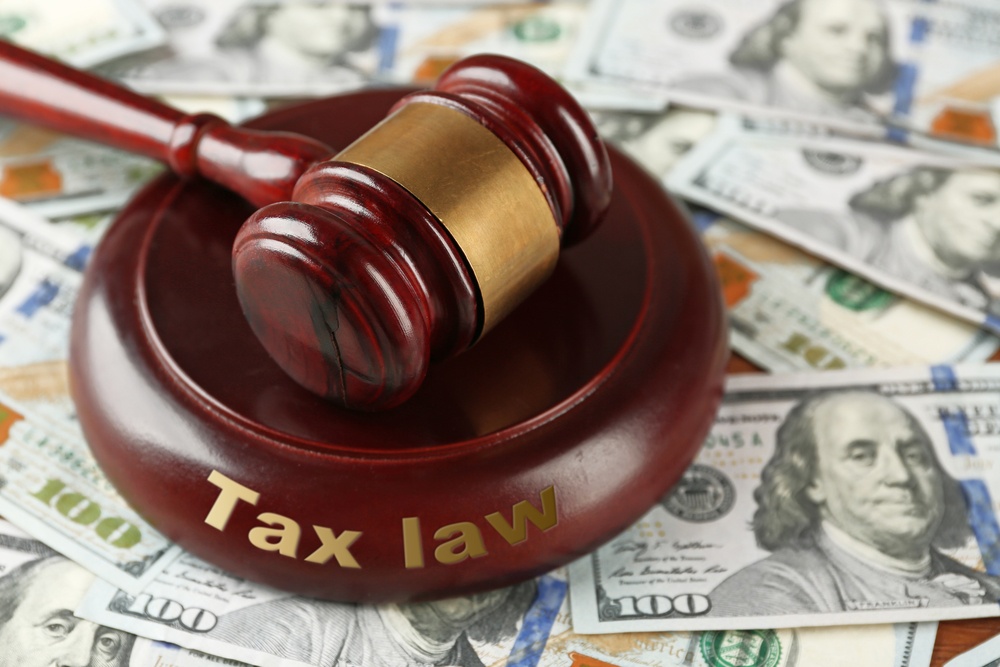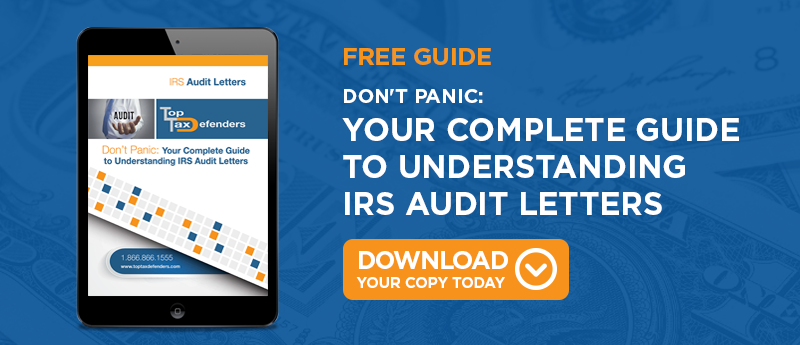I
f you're dealing with financial uncertainty, you may be tempted to dip into your 401k to boost your bank account. If you don't meet the IRS age requirements, though, you'll likely face tax penalties for early 401k withdrawal. What are these penalties? Is there any way you can avoid paying a 401k withdrawal penalty?
Early 401k Distribution Penalty
The early distribution penalty applies to taxpayers who make withdrawals from a 401k before the taxpayers reach the retirement age of 59 1/2. The penalty itself is 10 percent of the distribution, so a taxpayer who withdrew $10,000 from a 401k early would pay a penalty of $1,000. However, the amount of the distribution must also be included in taxable income for the year, which means that it is subject to ordinary income tax. Since 401k contributions are not taxed at the time they are made, the taxpayer may also have to pay a backup withholding tax of 20 percent.
Exemptions from the Penalty
In a few situations, the IRS allows taxpayers to claim an exemption from the early distribution penalty. Those who pay more than 10 percent of their adjusted gross income in unreimbursed medical expenses are exempt from the penalty. Those who use their distribution to purchase health insurance while they are unemployed also qualify for an exemption from the distribution penalty. In addition, those who leave their jobs and take their distribution during the calendar year in which they turn 55 are exempt from the penalty, as long as they do not rollover their 401k distribution into an IRA.
How to Avoid the Early 401k Distribution Penalty
The best way to avoid the penalty is to do a rollover. Simply transfer the funds directly into another qualified retirement plan such as another 401k. If you won't be able to use an employer-provided plan in the future, you can open one of your own with this distribution. If you decide to take advantage of the rollover break, you'll need to transfer the funds within 60 days of withdrawing it from the original account.
In most cases, it's best to leave funds in a retirement plan for as long as possible. If you are unable to use your current retirement plan, consider establishing a new one and transferring your funds through a rollover transaction. If you do need the funds and you meet the exemption requirements, you may be able to withdraw your 401k without facing the 10 percent tax penalty at all.




